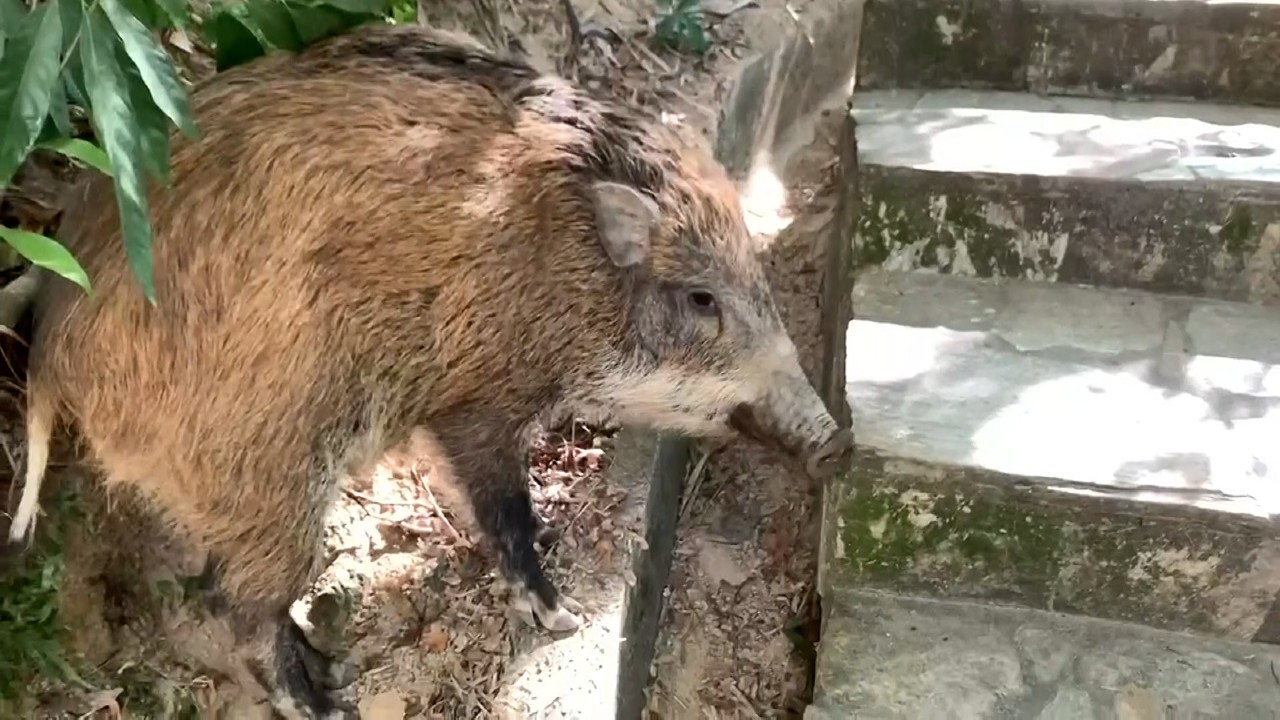
Why Hong Kong’s rich environment is part of its competitive advantage
- Among all of Hong Kong’s many advantages, its unique juxtaposition of teeming urban humanity and pristine natural wilderness is too often overlooked
- We eat away at our green spaces and country parks with full knowledge that we compromise our unique natural heritage at our peril
Here, big city opportunity sits alongside easy access to hundreds of kilometres of tranquil mountain trails and a biodiversity rarely seen elsewhere in the world.
When did a wild boar last stray into a Londoner’s back garden, or a Burmese python snack on a New York family’s cat? What San Francisco partygoer ever returned home to find a 33cm (13-inch) Atlas moth snoozing peacefully above the front door? What Tokyo office worker can leave work at 5pm and 30 minutes later be swimming in the ocean or watching the sunset from a mountain top?
Many thank Governor Murray MacLehose, who in 1976 set up Hong Kong’s country park system and protected around 40 per cent of the city’s land from development or urban encroachment. We have much to thank him for, but Hong Kong’s unique natural diversity and competitive advantage have more diverse roots than that.
Perhaps most important is our geographic location, far enough north to escape the year-round heat and humidity of the tropics yet far enough south to have plants and trees growing all year round. This has enabled plant life to survive despite the extremity of human encroachment.
Look at the early photos of Kadoorie Farm on the then-barren northern slopes of Tai Mo Shan. There can be no clearer reminder of the resilience of nature – first to hide and then to heal the harms humans have inflicted – and its ability to sustain so much wildlife that was purged from other global megacities a century or more ago.
Not even my Cornish sister, who has the Atlantic Ocean on all sides, can boast about bumping into a whale shark, as my neighbours did a few years ago as they were fishing just hundreds of metres offshore from my home in Clear Water Bay.
A further exceptional feature of Hong Kong is the extent of our steep volcanic and granite mountainscapes. Many of them are unscalable, few can be built upon and they often bring impenetrable forests – and the wildlife that occupies them – within tens of metres of high-rise housing blocks.
Most major cities were built on flat terrain that was cleared for people and farming centuries ago, destroying any habitat for wild nature.

There is a deep paradox here. Hong Kong people are as urban a community as I know. Most are indifferent to and often fearful of the wilderness that survives in our midst.
Many maintain an almost Victorian anxiety about wild, uncontrolled nature. How many of them venture tentatively out into the sun under umbrellas, and only after draping every visible inch of their bodies in UV-protective clothing?
Were it not for quirky, curmudgeonly governors such as MacLehose, I suspect most Hongkongers would not have noticed or cherished our astonishing natural heritage as an essential part of the competitive advantage that underpins our future as one of the world’s leading economies.
If it is necessary to capture more land to provide more and better homes for Hong Kong people, then let us do so with extreme care and full knowledge that we compromise our unique natural heritage at our peril. It is an essential part of our competitive advantage – wild boar, Burmese pythons and all.
David Dodwell researches and writes about global, regional and Hong Kong challenges from a Hong Kong point of view



